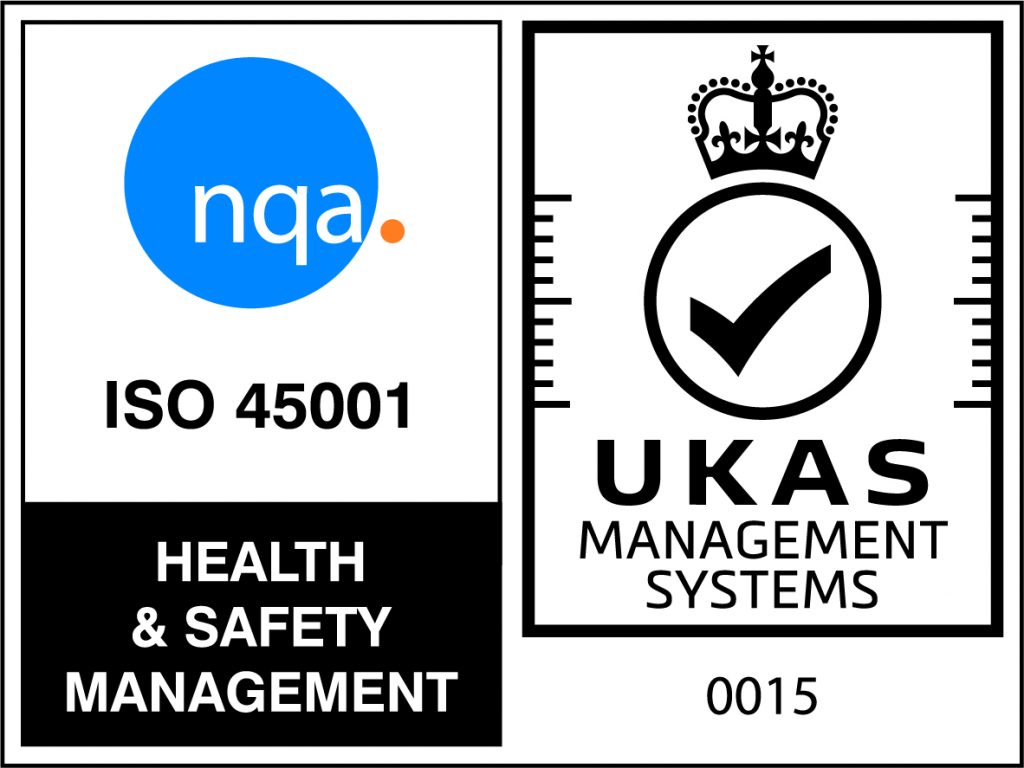As part of ADHD Awareness Month this October, it’s important to take notice of the many significant contributions made to the workforce by colleagues and leaders with ADHD.
ADHD (Attention-Deficit/Hyperactivity Disorder) is a neurodevelopmental condition that affects individuals of all ages. While it is often discussed concerning education and childhood, it also has a significant impact on the UK workplace. Here are some interesting facts and statistics about ADHD:
Prevalence: ADHD is not limited to childhood; it affects about 5% of children and 2.5% of adults globally. In the UK, roughly 3-5% of children and 2% of adults are diagnosed with ADHD. This means that a notable portion of the UK workforce may be living with ADHD.
Challenges: Individuals with ADHD often encounter difficulties in the workplace related to time management, organisation, and maintaining focus on tasks, but there are reasonable adjustments that can be made to reduce these challenges.
Creativity: It’s noteworthy that some individuals with ADHD exhibit high levels of creativity and innovative thinking. They may excel in roles that require out-of-the-box thinking and the ability to swiftly switch between tasks.
Adjustments: Workplace adjustments, such as flexible working hours, noise-cancelling headphones, or task prioritisation, can assist individuals with ADHD in performing at their best.
Gender Differences: ADHD is often underdiagnosed in females, as they may display different symptoms and coping mechanisms compared to males. This can result in later diagnosis or misdiagnosis, affecting their professional lives.
Impulsivity and Risk-Taking: Some individuals with ADHD have a propensity for risk-taking and impulsivity, which can be beneficial in certain job roles in the UK, such as entrepreneurship or sales.
Legal Protections: In the UK, individuals with ADHD are protected by anti-discrimination laws, such as the Equality Act 2010. It’s crucial to remember that different ways of thinking should not be stigmatised.
Entrepreneurship: Some notable figures with ADHD in the UK, such as Sir Richard Branson, have found great success as entrepreneurs. The ability to innovate, take risks, and think creatively can be assets for those with ADHD when they start their own businesses.
Understanding ADHD and its impact on the UK workplace is essential for employers, co-workers, and individuals with ADHD themselves. With the right support, many individuals with ADHD can excel in their careers and contribute valuable insights and perspectives to their workplaces.

 Back to News
Back to News

















